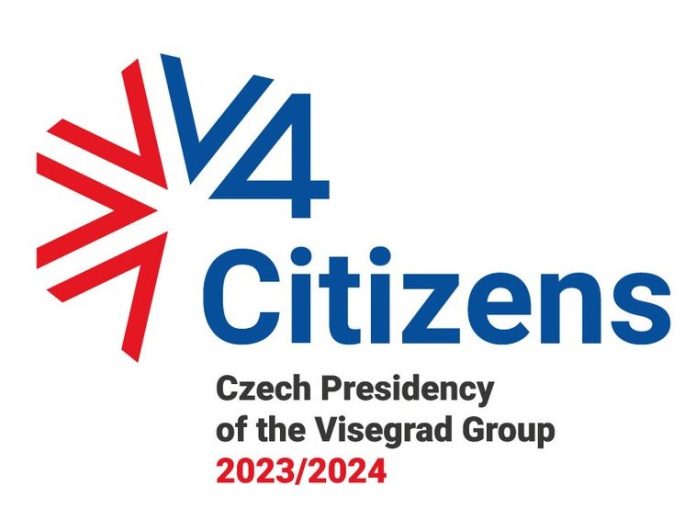The Czech Republic takes over the Presidency of the Visegrad Group from 1 July 2023 to 30 June 2024.
The Czech Republic takes over its seventh Visegrad Group (V4) Presidency from Slovakia in the dramatic geopolitical context of Russia’s brutal war of aggression against Ukraine. The country continues to regard the Visegrad format as a traditional, Central European platform for cultivating good neighbourly relations through dialogue and practical human-centred cooperation, to bring specific benefits for the citizens of the V4 countries.
The programme of the Czech Presidency, with its motto “V4 Citizens”, is based on the above principles and structured into three pillars:
Pillar 1: “Safe and advanced society” promoting human-centred policies, particularly people-to-people and civil society contacts in culture, education, science and research or sports. The International Visegrad Fund will play an important role. The first pillar will also include established V4 cooperation in internal and external security, civil protection, public administration and health care.
Pillar 2: “Innovative and interconnected economy” will involve specific sectoral projects and initiatives bringing practical benefits for the citizens of the V4 countries, related in particular to improving connectivity in the transport and energy sectors, supporting resilience by upgrading the energy and raw materials security and diversification, and to push forward the transition to innovative, digital and green economy and clean technologies in industry and trade.
Pillar 3: Political and practical “Support to Ukraine” and its citizens on different levels and sectors. It will respond to Russia’s aggression against Ukraine and its impacts on the country, neighbouring Moldova and the broader region by focusing on the programmes of the International Visegrad Fund specifically designed for Ukraine and for other Eastern Partnership states and societies will be very important. The Czech Presidency will pay special attention to the discussion on the future of the Eastern Partnership and look for ways in which this policy can help Ukraine, Moldova and Georgia fulfil their EU integration ambitions in the context of the EU enlargement policy, and to better support and engage the Belarusian civil society. Assisting the accession process of the Western Balkan countries will also remain a priority.
During the Czech Presidency, a number of expert meetings, seminars and conferences are planned, along with several traditional high-level meetings, such as the summits of the V4 Presidents, the V4 Prime Ministers or meetings of line Ministers.

